When Shane Charles walked into Armagh for the first time, he felt like he’d been there before. The cool walls of the Toorak home spoke of conversations long past, of memories that old houses keep.
‘Then I realised I did have a strong family connection and history here,’ he said. ‘Aunty Marge Tucker was here; I had a feeling of contributing to the conversations that she shared.’ An early campaigner for Aboriginal civil rights, Marge Tucker showed the power of forgiveness in building a shared future for Australians of all backgrounds, through her autobiography, If Everyone Cared.
Now Uncle Shane, Co-Chair of Reconciliation Victoria, has made Armagh, the Initiatives of Change Australia-Pacific Centre, his home for a while. An academic, government advisor and proud Yorta Yorta, Wurundjeri and Boon Wurrung man, he is the first incumbent of a new Cultural Residency at Armagh.
His presence at Armagh supports the work that IofC is doing to build relationships and bridges for reconciliation and healing with First Nations communities.
Culture
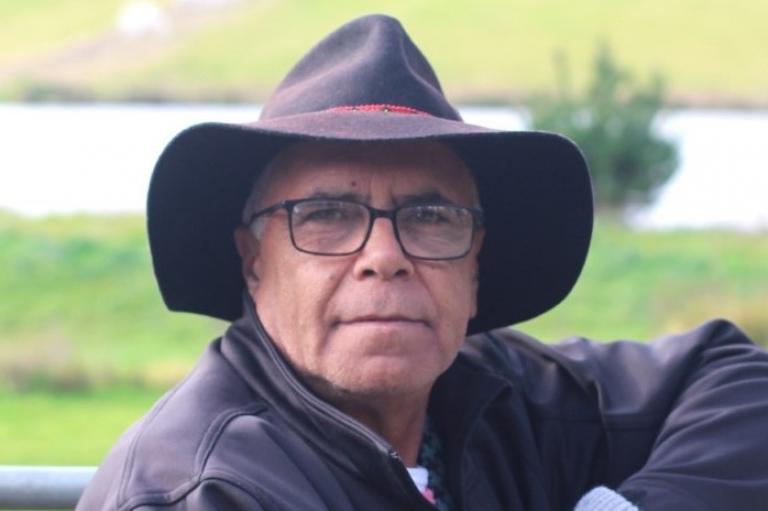
Born and bred in Shepparton, Victoria, Shane Charles has worked in the education, justice and cultural heritage sectors, most recently with the City of Melbourne. He co-chairs the Aboriginal Studies and Indigenous Strategies Committee at La Trobe University. He is known for his work in cultural intelligence, teaching about the traditional wisdom and diversity of Australia’s First Peoples.
This knowledge came from his own upbringing, in a family that valued both traditional and Western learning. ‘My mum was 47 years in education, and she made sure I went off and got an education—learned white ways but more importantly, learned my own cultural knowledge. I had that responsibility to learn it and share it,’ he said.
Top of mind while he is at Armagh, he said, is offering training and awareness raising in cultural intelligence. ‘We’re all very different. In the Victorian context, there are 38 different tribes, then under that sit layers of clans and language,’ he explained. ‘We need to be connected, and we need to continue learning: to be part of Country, because Country is a part of me.
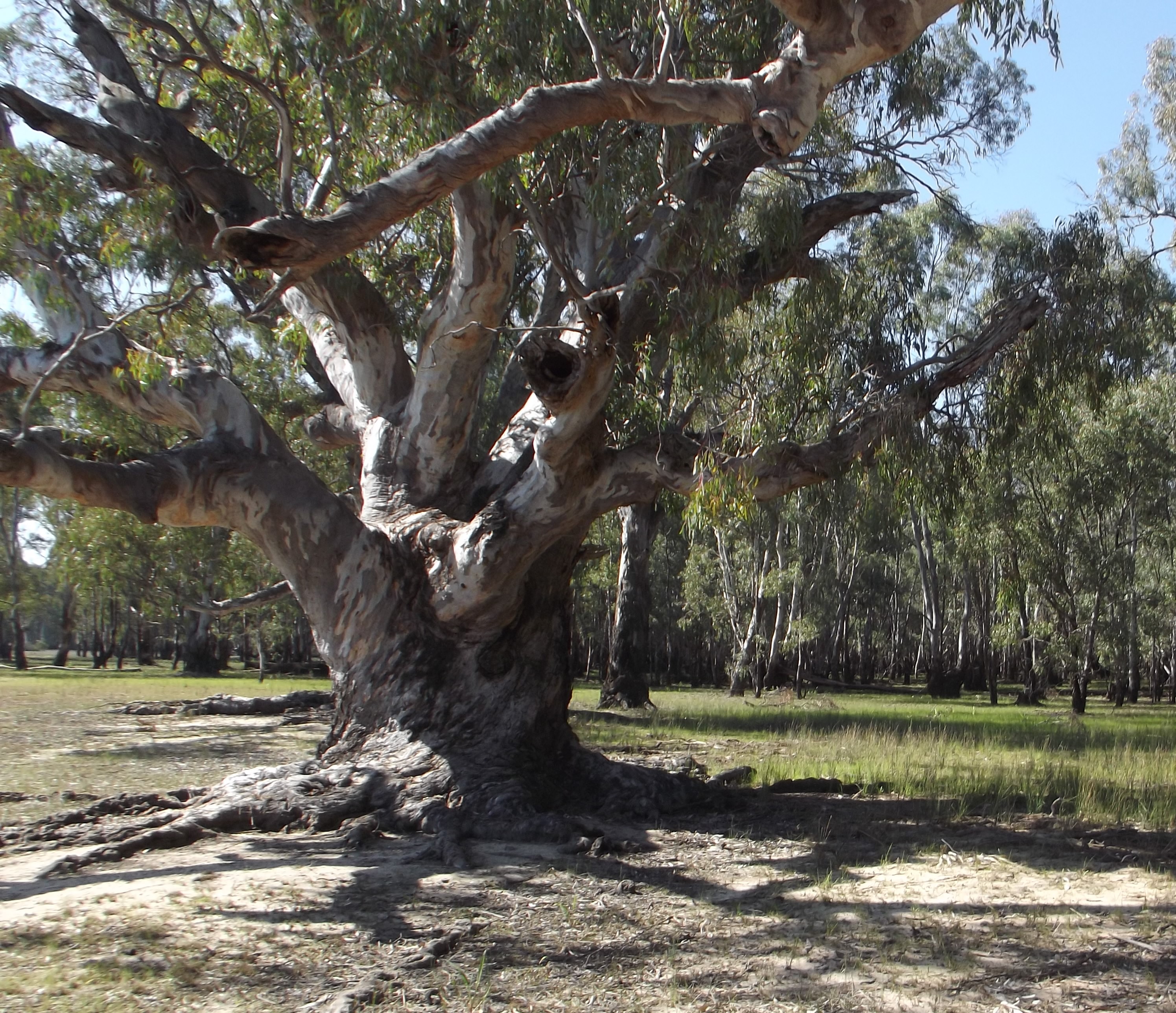
An ancient river gum stands proud at the Barmah National Park, home to the world's largest river red gum forest. Some stands of gums have been documented as being 400 years old.
Credit: Shane Charles
Education
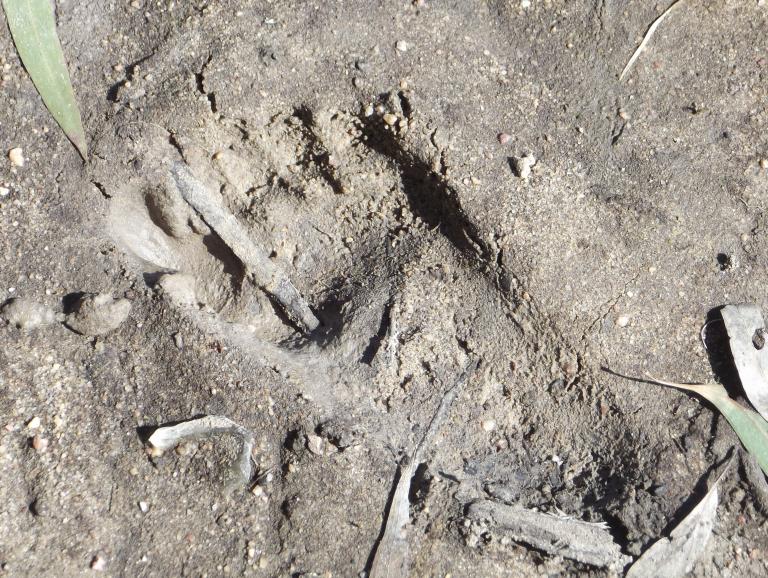
With the IofC Australia team, Uncle Shane is developing a series of learning experiences that people can sign up for, not only to learn about First Peoples, but also about themselves—all drawing on traditional ways handed down by elders.
‘I always see the difference between training in a classroom and being out, walking in my ancestors' shoes,’ he said. ‘It shifts that space for people and allows them to start their own journey. Connecting with the things they did as children. Camping. Places they used to go with their own families. Connecting with that inner child. There’s a whole new way.
First Peoples’ pedagogy—ways of teaching and learning—embrace many different approaches. ‘Being on Country is one. Walking with elders is another. Being able to deconstruct this colonisation story, and being able to construct a new narrative about the importance of looking after Country. It’s a process of connecting.
‘My grandmother used to say, Mother Earth has feelings, as we are connected in every way,’ he recalled. ‘The more you sit on Country, the more you connect with yourself. We live in a world where we’re all in a hurry and we don’t take that time out for ourselves and family. It’s a heaviness we have on our spirit.
'Being on Country allows us to open and release and accept.’
Healing
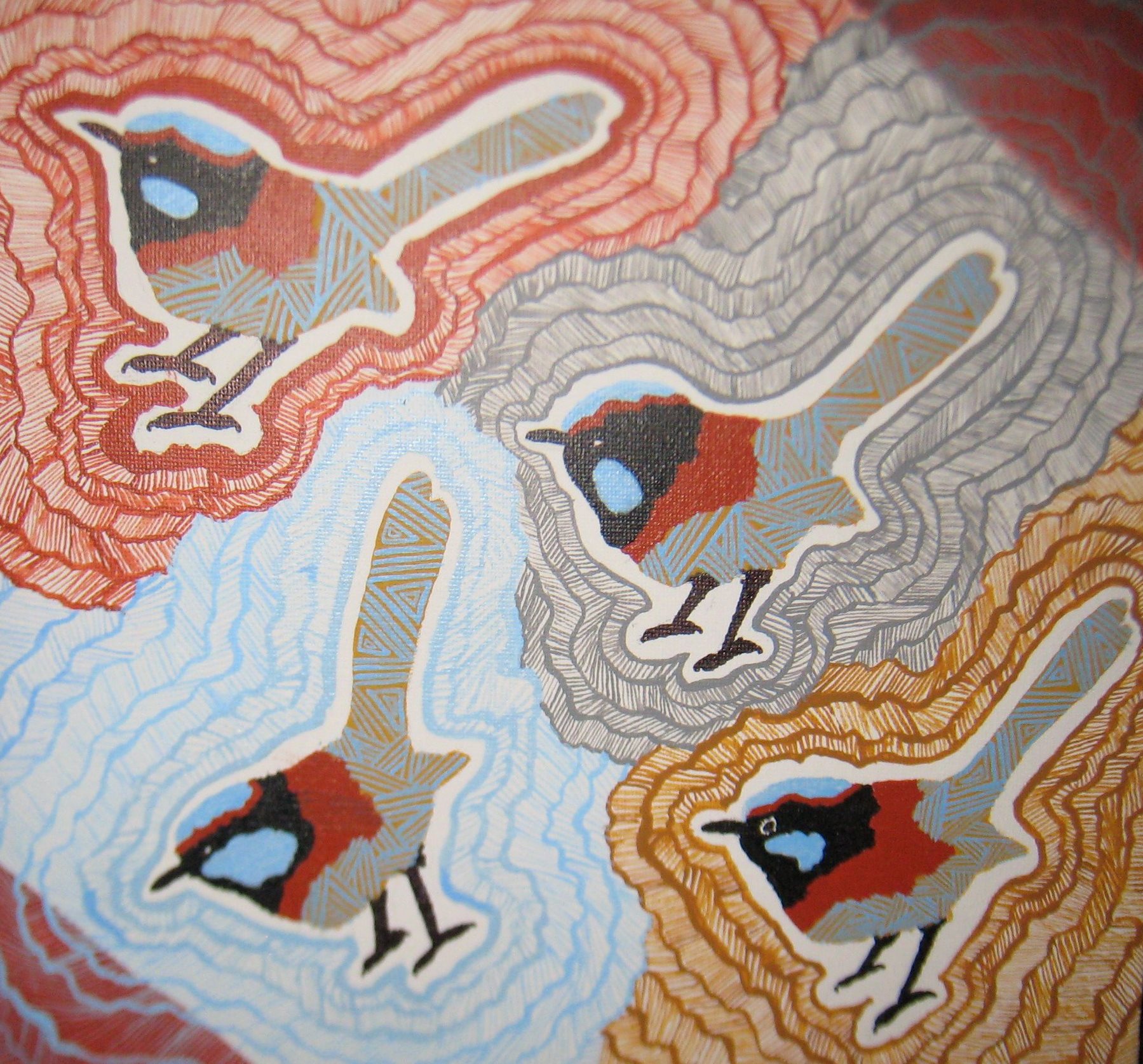
Uncle Shane’s own life experience includes surviving not one, not two, but three heart attacks. Moving on, he learned ‘to shed the worries that attach themselves to my spirit. By connecting to Country, there can be so much healing for anybody… To learn through sitting around the fire, because fire is so healing. There are so many different ways. I’ve seen the light come on in people’s eyes when they’re out on Country and they see it and feel it.
‘The more places and spaces we can create with the narrative of healing and learning, the better. For the generations to come—peel back the colonial layers, the rich culture is there, the footprint is there.
‘By connecting to Country, we look at what we’re doing to Country. Not seeing it as just a commodity. Our thinking wasn’t for tomorrow, it was for all generations that come. We need our culture and Country to survive.’ - Delia Paul
All artwork by Shane Charles
- Pandemic conditions permitting, Uncle Shane and the IofC Australia team will be offering opportunities for trips out to key sites of Aboriginal knowledge and history. Meanwhile, you can sign up to learn Cultural Intelligence with Uncle Shane and a team of other First Nations leaders and allies, through the 'Turruk' Trustbuilding online events. These will begin on 8 October. See more information here.
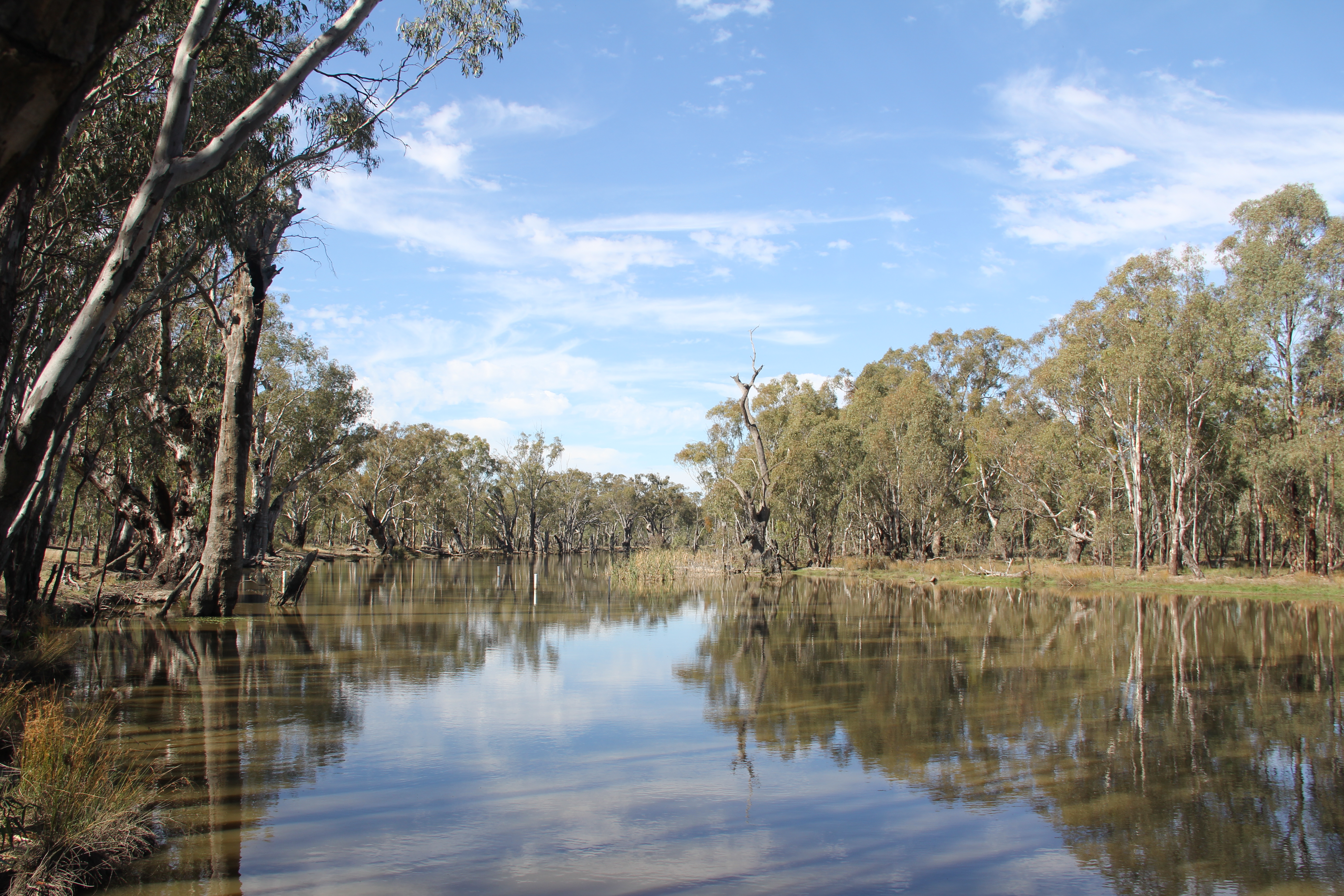
View of the Murray River at Barmah. This river is known to Yorta Yorta people as the Dungala.
Credit: Shane Charles

